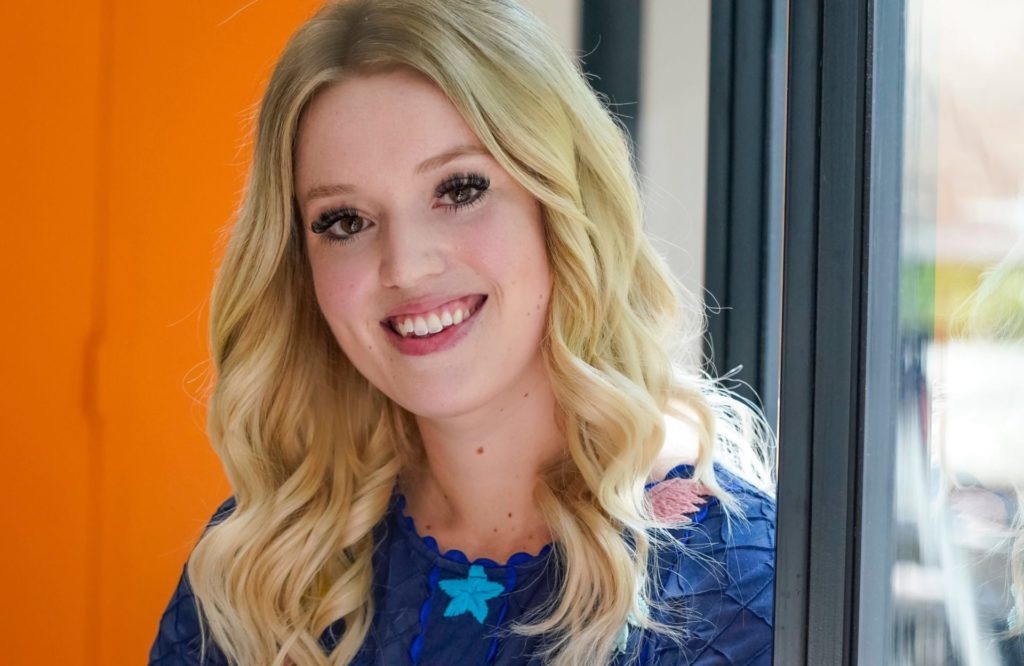Recently, I shared comments on a social media platform about an incident of “untitling”; that being when a woman’s correct title is omitted as part of a forum where one would reasonably expect it to be both relevant and included. The posting attracted significant interest, and I would argue rightfully so.
The specific occurrence of untitling in this case referred to an interview of three doctors, whereby both male doctors were captioned with the title “Dr”, and the female doctor’s title was omitted. The interview itself, was on the topic of working as a new doctor.
There are numerous examples of untitling that could be drawn upon, and perhaps you even have your own. Indeed, while writing this article I was alerted to the untitling of a different medical woman by another major news provider. It is quite literally happening all around us, all the time.
Unfortunately, this is not a surprise to me, because as a medical woman I see and experience untitling every day – in hospital or academic meetings, at conferences, in the media. It forms part of a broader lived experience of unconscious bias towards professional women and women in general. It is wearying.
From the outside, it may be difficult to understand why this is such an issue, or perhaps it might even seem silly or arrogant. But untitling undermines women’s contributions to our workplaces, and it erodes the perception of our expertise. It is a pattern, it is pervasive, and it is harmful.
“Maybe she didn’t introduce herself clearly” is the common response that we might receive when we point out this unconscious bias. “It could have just as easily been the man whose title was omitted” is another one.
Personally, I have introduced myself to people wearing multiple badges and other identifiers that have “doctor” written on them, and I have verbally stated that I’m a doctor, but still the person is confused about my role. This is a shared experience amongst women doctors.
It is also frustrating because this is an issue that by and large never seems to occur for our male colleagues. Seriously – I am yet to have a male colleague share in this experience. This is of course reflected in the evidence, which shows that women are far more likely to be untitled than men.
Yes, there have been studies. Yes, it has been researched.
Ultimately, as female doctors or women in science or academia, we do not have the privilege of being able to ignore the insidious (but frequently overt) institutionalised and systemic sexism and misogyny around us. Nor do we want to, because the same sexism that causes harm to us also harms our patients.
For myself, as a medical woman with somewhat of a platform, I also believe that I have a responsibility to set an example for my medical students by demanding cultural change where such change is sorely needed. Younger or more junior women are always watching, learning from the choices we make.
As part of this process however, it is important to recognise that unconscious bias is uncomfortable. We all have it, and it is confronting when these issues are brought to our own awareness. Just recently I was interviewing for podcast and found myself unconsciously revealing my own bias. I was deeply embarrassed. I will do better.
Which leads me to the other aspect of unconscious bias that is relevant: it is not conscious. For that very reason, we all have a responsibility to call out these moments, even if they are not malicious at all – and they frequently aren’t. Only by seeing the unconscious bias, can we each consciously change our behaviours and attitudes.
Of course, calling out unconscious bias is difficult, and as women we are frequently caught between a rock and a hard place. If we don’t do it publicly, then we are commonly informed by others that they “haven’t seen this being an issue/a broader pattern” and “where is the evidence that this is an ongoing problem”. The unconscious bias is dismissed. It remains unseen.
On the flip side – when we do call it out, we risk being criticised. We are commonly told that we should have quietly and politely addressed the matter behind closed doors lest we be seen as hysterical, or otherwise unprofessional. A criticism that I suspect would not be levelled at our male colleagues.
And so, for this reason, I think it’s time for the sisterhood to head back to social media and to begin to reveal the unconscious bias that we know to be all around us. The hashtag #UntitledWomen is an opportunity to digitally catalogue these occurrences, in a way that can then be accessible to others. I hope you will join me in using it.
Ultimately, I think it is positive that there is interest to end to the practice of untitling women in medicine, science, and academia… And women on farms, in the law, who own their own businesses, or who may have made other important and meaningful contributions to their respective fields of endeavour.
Women who, quite simply, deserve to be seen.


